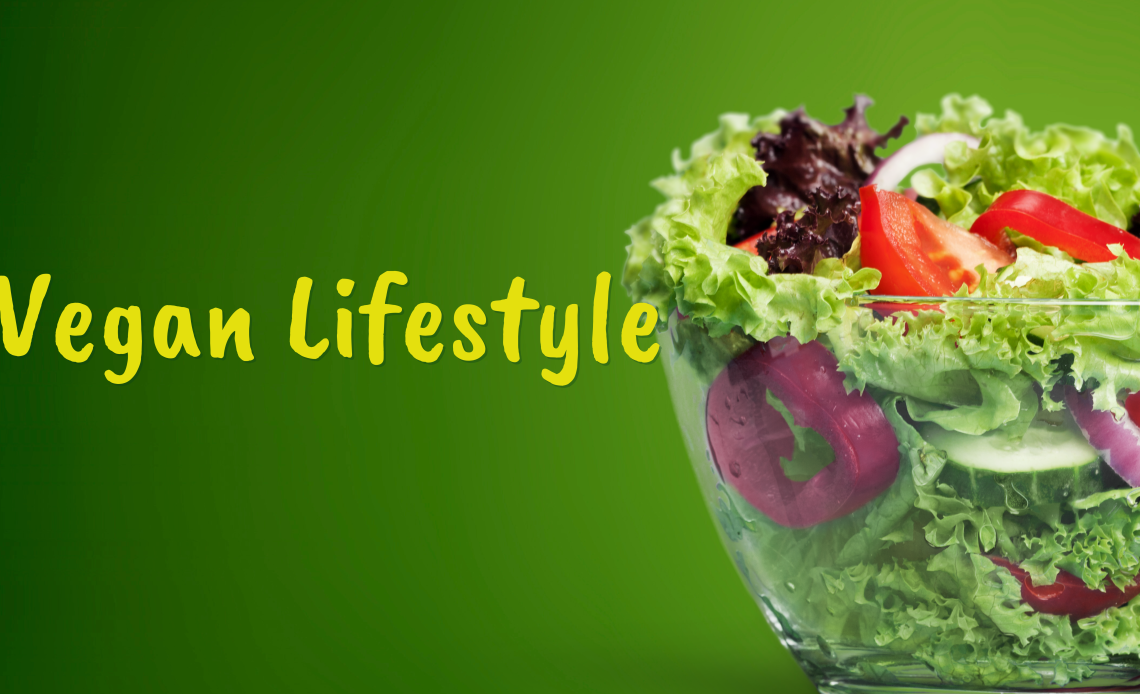
In recent years, the vegan lifestyle has become increasingly popular. Many people are embracing a plant-based lifestyle for a variety of reasons, such as ethical concerns, environmental consciousness, and health benefits. This article aims to provide a comprehensive guide to understanding and embracing a vegan lifestyle, including its benefits, challenges, and practical tips.
What is a Vegan Lifestyle?
A vegan lifestyle is a way of living that seeks to exclude the use of animals for food, clothing, or any other purpose. Vegans avoid consuming any animal products, including meat, dairy, eggs, honey, and even gelatin. Instead, they rely on plant-based foods, such as fruits, vegetables, grains, legumes, and nuts, for their daily nourishment.
Why Choose a Vegan Lifestyle?
There are many reasons why people choose to adopt a vegan lifestyle. Some of the most common reasons include:
Ethical Considerations
Many people choose a vegan lifestyle out of concern for animal welfare. Vegans believe that it is wrong to exploit animals for human use, whether it is for food, clothing, or entertainment. They also believe that animals have the right to live their lives without human interference.
Environmental Consciousness
Vegans are also concerned about the impact of animal agriculture on the environment. Animal agriculture is a major contributor to deforestation, greenhouse gas emissions, and water pollution. By adopting a plant-based lifestyle, vegans hope to reduce their environmental footprint and contribute to a more sustainable future.
17 Healthy Eating Habits And Nutritions To Live A Longer Life
Health Benefits
Studies have shown that a vegan diet can have numerous health benefits, including a lower risk of heart disease, diabetes, and some types of cancer. A vegan diet is typically high in fiber, vitamins, and minerals, and low in saturated fat and cholesterol.
Challenges of a Vegan Lifestyle
While there are many benefits to a vegan lifestyle, it can also present some challenges. Some of the most common challenges include:
Social Pressures
Vegans may face social pressures from friends and family who do not understand or support their lifestyle. This can make it difficult to navigate social situations, such as dining out or attending social events.
Nutritional Concerns
It is important for vegans to ensure that they are getting all the necessary nutrients from their diet. This can be challenging, as some nutrients are more abundant in animal products, such as vitamin B12 and omega-3 fatty acids. Vegans need to be mindful of their diet and may need to take supplements to ensure they are meeting their nutritional needs.
Availability of Vegan Options
While vegan options are becoming more widely available, it can still be challenging to find vegan-friendly food and products. This can be particularly difficult when traveling or in areas with limited access to vegan options.
Practical Tips for Embracing a Vegan Lifestyle
If you are considering adopting a vegan lifestyle, there are some practical tips that can help make the transition easier. These include:
Educate Yourself
Take the time to learn about veganism and the reasons behind it. This will help you to stay motivated and make informed decisions about your diet and lifestyle.
Experiment with Recipes
There are many delicious vegan recipes available, so experiment with different foods and flavors to find what you enjoy. You may be surprised by how flavorful and satisfying plant-based meals can be.
Connect with the Vegan Community
Connect with other vegans in your area or online. This can help you to find support, advice, and inspiration, as well as to discover new vegan-friendly restaurants and products.
Be Patient
Transitioning to a vegan lifestyle can take time and patience. Be kind to yourself and focus on making small, sustainable changes over time.
Conclusion
In conclusion, a vegan lifestyle can offer many benefits for individuals, animals, and the environment. While it may present some challenges, there are practical tips that can help make the transition easier. By educating ourselves, experimenting with new recipes, connecting with the vegan community, and being patient with ourselves, we can embrace a plant-based lifestyle and contribute to a more ethical, sustainable, and healthy world.
FAQs (Frequently Asked Questions)
Is a vegan diet nutritionally balanced?
Yes, a vegan diet can be nutritionally balanced if planned properly. Vegans should ensure that they are getting all the necessary nutrients, such as protein, iron, and calcium, from plant-based sources or supplements.
Is it difficult to find vegan options while dining out?
While it can be challenging in some areas, many restaurants now offer vegan options or can make adjustments to menu items to accommodate vegans. Researching restaurants and calling ahead can also help.
Can children follow a vegan lifestyle?
Yes, children can follow a vegan lifestyle if their diet is planned properly to ensure they are getting all the necessary nutrients for their growth and development. Consulting with a registered dietitian can be helpful.
What are some common misconceptions about a vegan lifestyle?
Some common misconceptions include that vegans don’t get enough protein, that vegan diets are expensive, and that veganism is only for the wealthy or privileged. These misconceptions can be addressed by educating ourselves and others about the reality of a plant-based lifestyle.
Can I still enjoy my favorite foods on a vegan lifestyle?
Yes, many favorite foods can be veganized or adapted to be plant-based. Experimenting with new recipes and finding vegan substitutes for animal products can help make the transition easier and more enjoyable.


